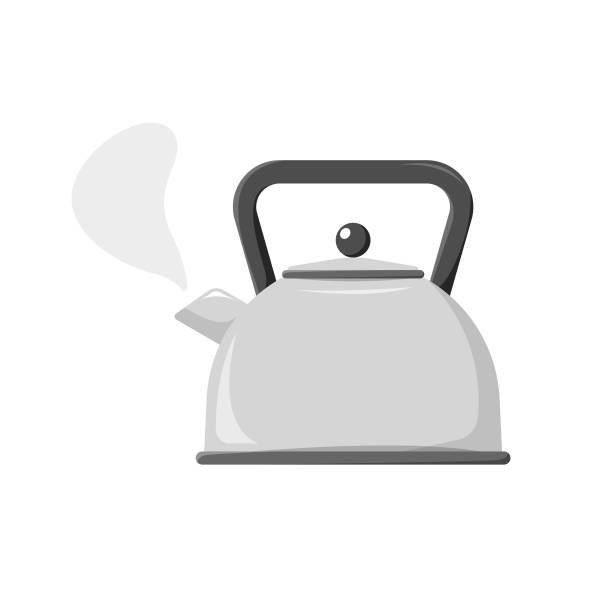Boiling water is a basic task that most people do daily. Whether it’s for cooking, making tea or coffee, or sterilizing equipment, knowing how long it takes to boil water can be useful. The amount of time it takes to boil water can vary depending on different factors.
One of the main factors that affect boiling time is the altitude. At higher altitudes, the air pressure is lower, which means that water boils at a lower temperature. This can cause water to take longer to boil. Another factor that can affect boiling time is the type of pot used. A pot with a thicker bottom can distribute heat more evenly, which can result in faster boiling times.
Factors Affecting Boiling Time
Type of Heat Source
The type of heat source used to boil water affects the boiling time. Gas stoves and electric stoves are the most common heat sources used in homes. Gas stoves are generally faster than electric stoves because they produce a higher heat output. However, the size and power of the burner also affect the boiling time. A larger burner with higher heat output will boil water faster than a smaller one.
Altitude
Altitude plays a significant role in boiling time. At higher altitudes, the atmospheric pressure is lower, which means water boils at a lower temperature. This means that water takes longer to boil at higher altitudes. As a general rule, for every 500 feet increase in altitude, the boiling point of water decreases by about 1°F. Therefore, it takes longer to boil water at higher altitudes.
Volume of Water
The volume of water being boiled also affects boiling time. The more water there is, the longer it takes to boil. This is because it takes longer for the heat to penetrate through a larger volume of water. Similarly, a smaller volume of water will boil faster than a larger one.
Initial Water Temperature
The initial temperature of the water being boiled affects boiling time. Cold water takes longer to boil than hot water. This is because it takes time to heat the water to the boiling point. Therefore, it is faster to boil water than cold water.
In summary, the factors affecting boiling time include the type of heat source, altitude, volume of water, and initial water temperature. Understanding these factors can help individuals determine how long it will take to boil water and adjust their cooking times accordingly.

Average Boiling Times
Boiling water is a simple process, but it can take different amounts of time depending on various factors. In general, the average boiling time for water is around 3-4 minutes, but this can vary based on altitude, the size of the pot, and the temperature of the water before it is heated.
At sea level, water boils at 212°F (100°C), but at higher altitudes, the boiling point decreases. For example, in Denver, Colorado, which is about 5,280 feet above sea level, water boils at around 202°F (94°C). This means that water will take longer to boil at higher altitudes than it would at sea level.
The size of the pot can also affect boiling time. A larger pot will take longer to heat up and bring water to a boil than a smaller pot. This is because there is more water to heat up, and it takes longer for the heat to distribute evenly throughout the pot.
Additionally, the temperature of the water, before it is heated, can affect boiling time. Cold water will take longer to boil than water that is already warm. This is because it takes more energy to heat cold water than it does to heat warm water.
In summary, the average boiling time for water is around 3-4 minutes, but this can vary based on altitude, pot size, and the temperature of the water before heating.
Conclusion
In conclusion, boiling water is a simple process that can be done in a matter of minutes. The time it takes to boil water depends on several factors, including the altitude, the type of pot used, and the amount of water being boiled.
At sea level, water boils at 100°C (212°F) and typically takes around 5-10 minutes to reach boiling point. However, at higher altitudes, the boiling point of water decreases, which means it takes longer for water to boil. For example, at an altitude of 5,000 feet, water boils at around 95°C (203°F) and can take up to 20 minutes to boil.
Furthermore, the type of pot used can also affect the time it takes to boil water. A pot with a wider surface area will allow for more heat to be distributed, which can speed up the boiling process. A pot with a lid can also help to trap heat and speed up the boiling process.
Lastly, the amount of water being boiled can also affect the boiling time. The more water there is in the pot, the longer it will take to reach boiling point. It is important to note that boiling water in large quantities can also be dangerous, as it can cause the pot to overflow and result in burns or scalds.
Overall, boiling water is a simple process that can be done quickly and safely with the right equipment and knowledge.

